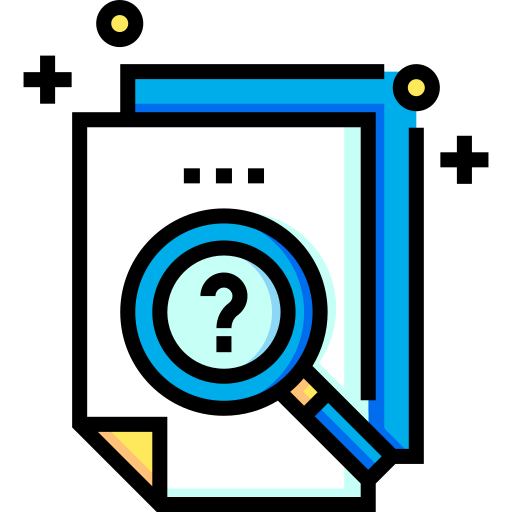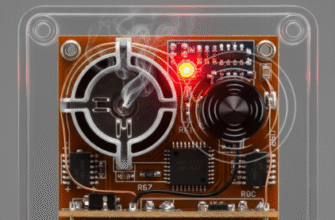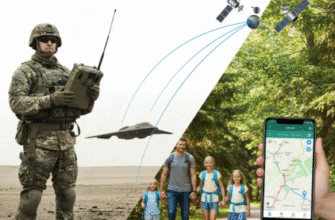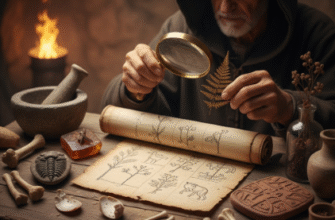Remember the sheer weight of knowledge? Not metaphorically, but the actual physical heft of a volume from a multi-set encyclopedia. Finding the answer to a burning childhood question – how high is Mount Everest? What is photosynthesis? – often meant a trip to the bookshelf, pulling down a heavy, leather-bound (or perhaps sturdy cloth-bound) book, flipping through alphabetically organized pages, maybe consulting an index volume first. It was a tangible quest for information, a process that felt substantial, deliberate.
The Reign of the Printed Word: Encyclopedias as Knowledge Gatekeepers
For generations, printed encyclopedias like the Encyclopaedia Britannica, World Book, or Collier’s were the gold standard for accessible general knowledge in many homes and libraries. They represented authority, compiled and curated by experts, edited meticulously, and presented with a sense of permanence. Owning a set was a status symbol, an investment in education and intellectual curiosity. The information within felt reliable, vetted, and safe. You trusted what you read because it had gone through a rigorous process before reaching the printed page.
However, this system wasn’t without its drawbacks. Cost was a significant barrier; a full set represented a major purchase, putting it out of reach for many families. Physical space was another consideration – those rows of volumes demanded considerable shelf real estate. Perhaps the biggest limitation, though, was their static nature. Knowledge evolves, discoveries are made, history unfolds, but the printed page remained unchanged until the next expensive edition or yearbook was published, often years later. Information could be outdated almost as soon as it was printed. Finding specific facts also required patience, navigating cross-references, and sometimes deciphering dense academic prose.
Early Digital Forays: Knowledge on a Disc
The advent of personal computers brought the first major shift with digital encyclopedias, most notably Microsoft Encarta arriving on CD-ROM in the 1990s. This felt revolutionary. Suddenly, a vast amount of information, complete with multimedia elements like sound clips, videos, and animations, could be accessed from a single, shiny disc. Search functionality was transformative – type in a keyword, and relevant articles appeared almost instantly. No more lugging heavy volumes or manually searching indexes.
Encarta and its contemporaries offered a glimpse into the future of fast information access. They were more engaging than their print predecessors, particularly for younger users. Yet, they still shared some limitations. They required a computer with a CD-ROM drive, weren’t free, and still suffered from the problem of becoming outdated. Updates often required purchasing a new disc annually. While faster than print, access was still tethered to a specific computer and the disc itself.
The Wiki Revolution: Knowledge by the People, for the People
Then came Wikipedia in 2001. It wasn’t just an evolution; it was a paradigm shift built on a radically different philosophy: collaborative knowledge creation. Founded by Jimmy Wales and Larry Sanger, Wikipedia utilized wiki software, allowing virtually anyone to write, edit, and update articles. It was free, web-based, and grew at an astonishing rate, quickly surpassing the article count of even the most comprehensive traditional encyclopedias.
The advantages were immediately apparent:
- Speed: Information, especially on current events, could be updated in near real-time by its global community of volunteer editors.
- Accessibility: Free access for anyone with an internet connection broke down economic barriers.
- Breadth and Depth: The collaborative model allowed for coverage of an incredibly wide range of topics, including niche subjects and pop culture phenomena unlikely to make it into traditional encyclopedias.
- Multilingualism: Volunteer efforts led to Wikipedia versions in hundreds of languages, democratizing access globally.
- Hyperlinking: The interconnected nature of articles allowed users to easily jump between related topics, facilitating exploration and discovery in a non-linear way.
From Deliberate Search to Instantaneous Retrieval
Comparing the process of looking something up highlights the dramatic change. Finding the population of Tokyo in a 1980s World Book might involve: finding the ‘T’ volume, locating the ‘Tokyo’ entry, scanning the text, and perhaps checking the index or a separate atlas section. This could take several minutes.
On Wikipedia: open a browser, type “Tokyo population” into a search bar (or directly into Wikipedia’s search), and the answer appears prominently within seconds, often in an infobox alongside the main article, complete with sourcing and historical data. The sheer immediacy is staggering. What once required a deliberate physical search now happens at the speed of typing.
This speed has profoundly impacted how we interact with information. Curiosity can be satisfied instantly. Debates can be settled (or fueled) with a quick phone check. Learning often happens in shorter, more targeted bursts rather than extended reading sessions within a single volume. The friction involved in accessing basic facts has all but disappeared.
Navigating the New Landscape: Speed vs. Certainty
The transition hasn’t been without debate. While traditional encyclopedias offered perceived authority through expert curation and rigorous editing, Wikipedia’s open model initially drew criticism regarding reliability and accuracy. Who are these anonymous editors? Can information added by anyone truly be trusted? Over time, Wikipedia developed complex policies and a dedicated community focused on sourcing, neutrality, and vandalism control. Studies comparing its accuracy to traditional encyclopedias have often found it surprisingly comparable, particularly for scientific topics, though errors and biases certainly exist.
While Wikipedia offers unparalleled speed and breadth, its open editing model means information can sometimes be inaccurate, biased, or lack nuance. Always approach Wikipedia articles with a critical eye. Check the cited sources, look for corroborating information elsewhere, and be aware of potential vandalism or recent unverified edits, especially on controversial or rapidly changing topics.
The key difference lies less in inherent accuracy (as both systems can contain errors) and more in the process of verification. Traditional encyclopedias placed the burden of verification before publication. Wikipedia often places it partly on the reader, encouraging them to check sources and understand that articles are living documents subject to change. It trades the gatekeeping function of traditional publishing for the benefits of rapid, collaborative updates and vast scope.
The Skill of Critical Consumption
The shift demands new skills from the information consumer. Instead of simply trusting a source based on its brand (like Britannica), users need to practice critical consumption. This involves:
- Checking citations: Does the article reference reliable sources?
- Assessing neutrality: Does the language seem biased? Are multiple perspectives presented fairly?
- Looking at the edit history: Has there been recent vandalism or edit warring?
- Cross-referencing: Does information align with other reputable sources?
Fast access is powerful, but it requires a more active role from the reader to ensure understanding and accuracy. We’ve moved from a model of passively receiving vetted knowledge to actively navigating a dynamic information stream.
Conclusion: Knowledge at Our Fingertips
The journey from the heavy, authoritative print encyclopedia to the ever-evolving, instantly accessible Wikipedia mirrors the broader digital transformation of our world. We’ve traded the deliberate, physical act of searching static volumes for the lightning-fast retrieval of dynamic, collaboratively built information. The gain in speed, accessibility, and breadth of coverage is undeniable, fundamentally changing how we learn, satisfy curiosity, and engage with the world’s collective knowledge. While the nature of authority and the methods of verification have shifted, requiring greater critical engagement from users, the ability to access a world of information almost instantaneously represents a profound leap in the democratization of knowledge, a process that continues to evolve with every click and edit.







